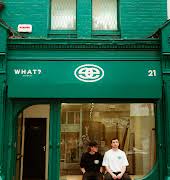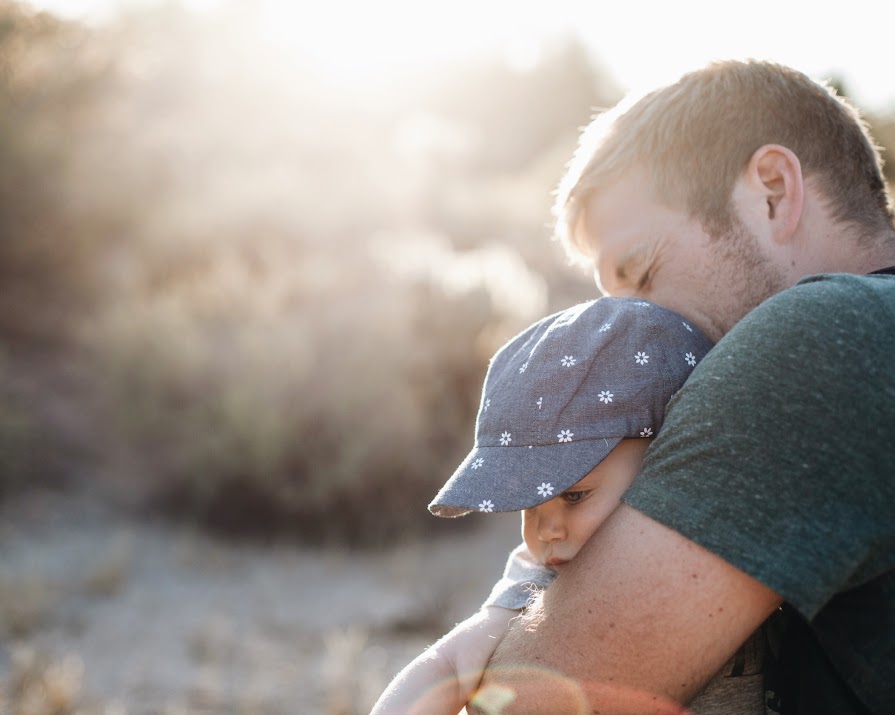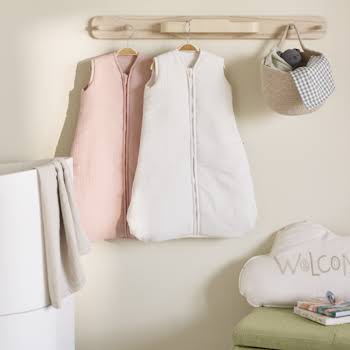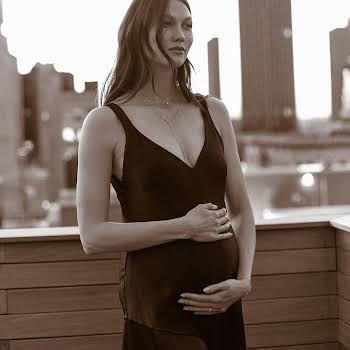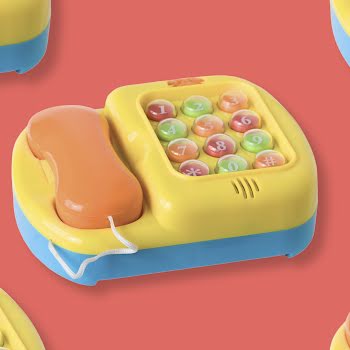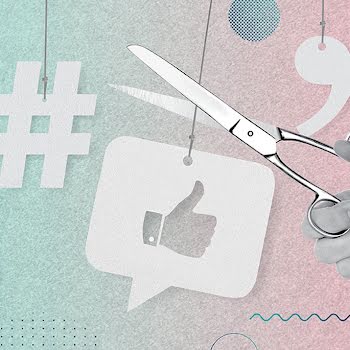‘First-time fatherhood is like the flicking of a switch. Now you’re not. Now you are.’
By Peter Crawley
03rd Mar 2021
03rd Mar 2021
I’m a dad, a bewildering term, and while nine months ought to be plenty of time to get your head around that, it’s still an astonishingly sudden transformation.
The other day we went out for a walk, just the three of us. A family outing.
It was perfect; one of those sharp Spring days that seems to bring everything into high-definition. The park near where we live was bright and chilly, the sky a vivid blue. The Dublin Mountains ahead of us were cosseted in the last of the snow, and it made the daffodils seem heroically resilient, heads bowed modestly at the achievement.
This isn’t like me.
I don’t get jazzed by nature. I’m into mordant Beckett plays, dry non-fiction writing, dystopian sci-fi flicks. I do not appreciate – nor have I ever appreciated – the heroic resilience of flowers. Everything since the long, exhausting night when our son was born, following a long, exhausting day, has changed utterly.
To begin with, I’m a dad, a bewildering term, and while nine months ought to be plenty of time to get your head around that, it’s still an astonishingly sudden transformation, like the flicking of a switch. Now you’re not. Now you are.
Because of nature’s deep prejudices, men have to think their way into fatherhood. There’s no palpable change within. Joanna’s experiences were both philosophical and palpable, a profound physical change that was fatiguing, then energising, then gradually burdensome, but exciting, alarming and amusing throughout. For me, the reality of it, of him, came on more gradually, a mosaic of ultrasound scans and preparations and name suggestions and essential purchases, until suddenly, surreally he was here.
Jacob himself was a big help. I had always thought of a baby’s kicking as a distant, gentle tap (“Did you feel that?”). Actually, it’s much closer to that scene in Alien. I almost leapt backwards the first time an angular protrusion swiped right from inside Joanna’s abdomen. But it quickly became a marvel, a pleasing game of tag, little messages from the future. He was a presence long before he was with us.
Far too early in our relationship, I had asked Joanna how she felt about having children. “I love meeting new people,” she said. The brilliance of her answer just keeps growing. On the maternity ward, my part was much as it had been throughout our consultations: a significant supporting role. I wasn’t surplus to requirements, exactly, but hardly crucial either.
In the improvisation of the day, my main responsibility was to fetch things – overnight bags, slippers, a labour-encouraging Swiss ball, a labour-soothing Spotify playlist, the labour-monitoring, mysteriously disappearing midwives. Timing Joanna’s contractions, as they became longer, deeper and more agonising, was an uncanny experience, turning the suffering of your partner into an act of almost scientific observation. Maybe it’s just a cunning distraction, because we both knew there was nothing useful or comforting I could do. “It’s so animal,” she told me, turning her focus inwards, bearing down, as I tried to stay the hell out of her way.
In the delivery suite, the dad is a spectator. You can be encouraging, or sit quiet and still, but all you can do is watch. Here, perhaps not coincidentally, is where a surprisingly large proportion of fathers faint – about one in five, I learned – either from freaking out or, more prosaically, just from being overdressed (Delivery suites are kept very warm). Mercifully, the only swooning in our suite comes from the midwives, so impressed by Joanna’s brisk, uncomplaining labour, without any pain relief, that by the end of it they want her autograph.
Everything after is a flipbook of wholly new experiences: cutting the umbilical cord, that joyful cliché; the moment this astonishingly peaceful creature gripped my finger; or met his mother; or benignly let his fumbling new parents dress him; or got the hiccups. The experiences yet to come roll out like a red carpet; his first smile; his first steps; the heart-stopping first time I’m going lose sight of him in a crowded place; the first time he stays out without calling. I wonder how I’ll respond. But the most fatherly thing about me so far is my entirely unearned sense of confidence. I never knew what being a dad would feel like, that it doubles your love rather than divides it.
But when this kid is in my arms, looking up so curiously, or in the complete lack of squeamishness demanded by his endlessly nappy changes, or when we’re just all together, exhilarated and exhausted, thinking about tomorrow, I like to think that we were born to do this.









